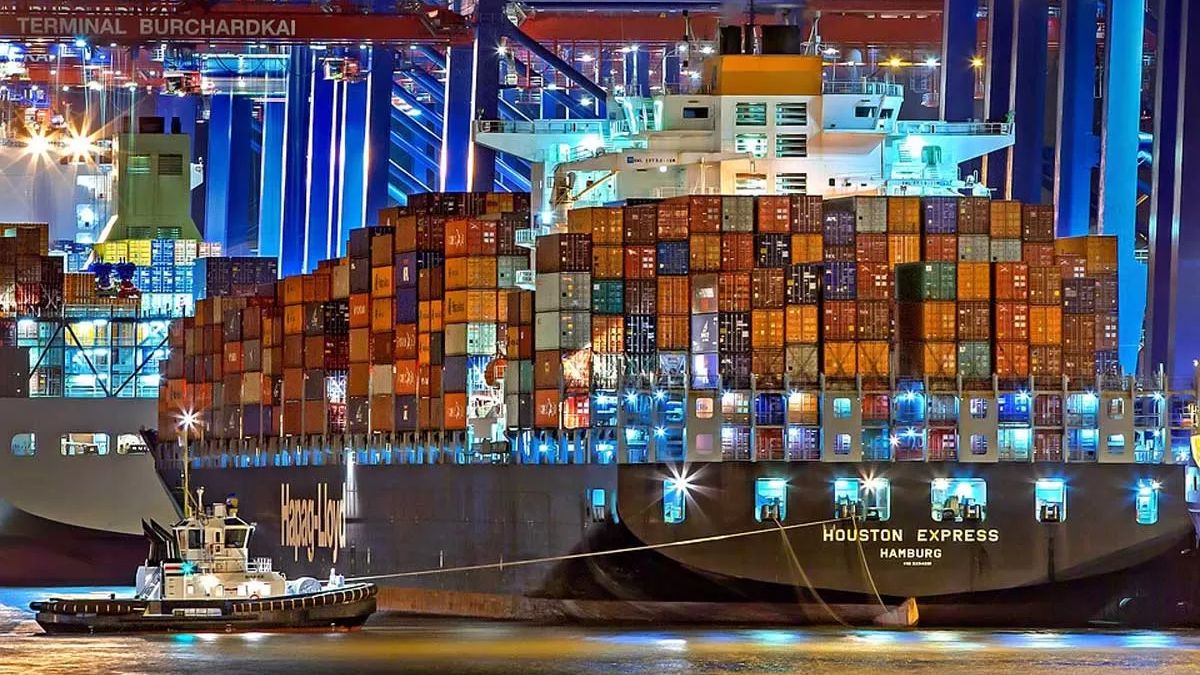India’s major ports could face a daily loss of ₹125 crore if workers proceed with a planned strike, raising concerns about the disruption to the nation’s maritime and logistics sectors. The looming strike is in response to the National Industrial Tribunal’s decision to halt a wage revision negotiation between the government and the Indian Ports Association (IPA), which represents over 32,000 port and dock workers across 12 major ports.
The Bharatiya Mazdoor Sangh (BMS), the largest central trade union, has expressed strong opposition to the tribunal’s intervention, arguing that it violates the rights of workers. According to the BMS, the tribunal’s directive prevents workers from receiving a fair wage revision, which was due in January 2022. The BMS has warned of a nationwide strike if the government does not address the workers’ demands.
The potential strike threatens to paralyze operations at major ports, including Mumbai, Chennai, and Kolkata, disrupting trade and impacting the economy. With approximately 95% of India’s trade by volume handled through these ports, the financial ramifications of a prolonged strike could be severe. The anticipated ₹125 crore daily loss reflects not only the direct impact on port operations but also the broader consequences for industries dependent on timely shipments, including manufacturing, agriculture, and retail.
Adding to the tension, the wage revision deadlock also highlights broader labour issues within India’s maritime sector. Port workers have expressed frustration over delays in wage agreements, which they argue are crucial for maintaining their standard of living amidst rising inflation. The unresolved disputes are seen as part of a growing trend of labour unrest within key infrastructure sectors across the country.
Moreover, the strike could also have significant repercussions on international trade relations. Major foreign companies relying on Indian ports for exports and imports may face delays, leading to a potential shift in trade routes or partnerships. The possibility of prolonged disruptions has prompted both domestic and international stakeholders to monitor the situation closely, urging a swift and amicable resolution to avoid long-term damage to India’s trade reputation.

